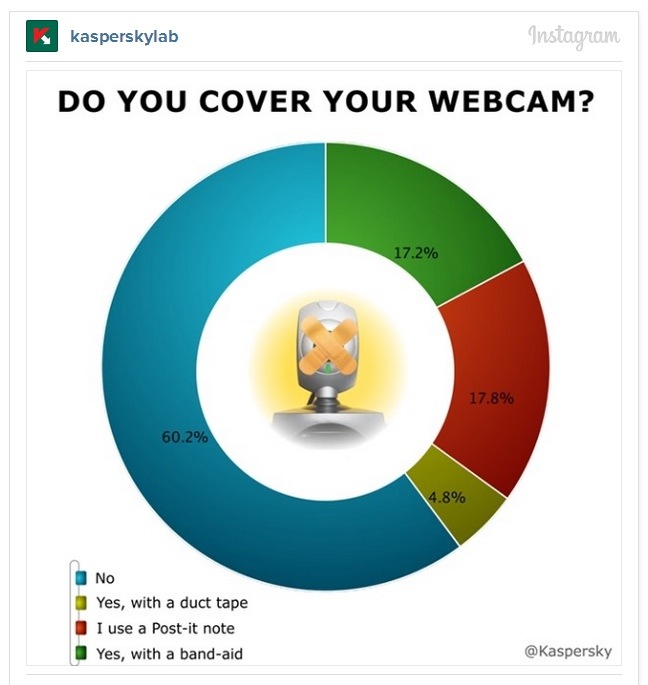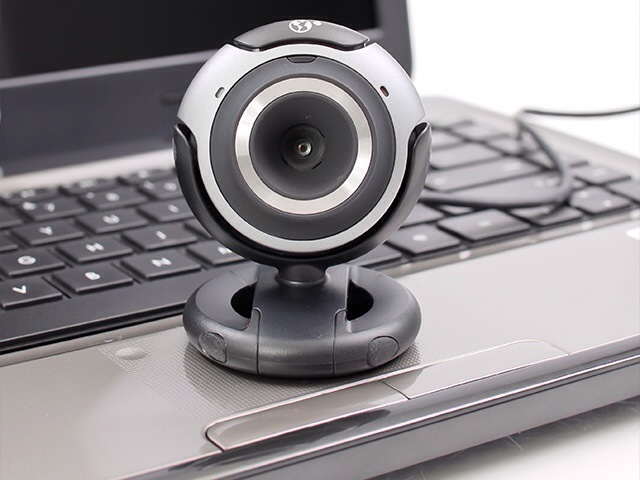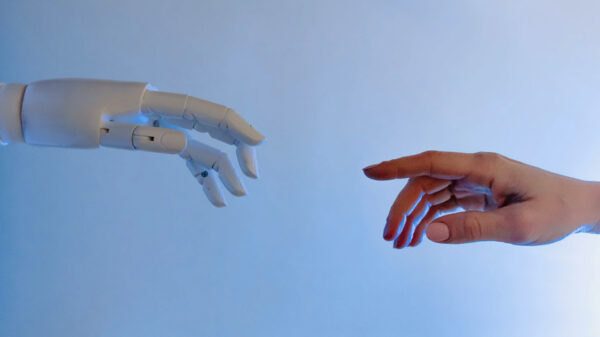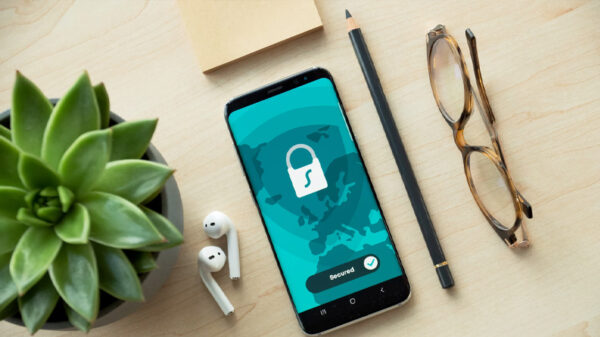Webcams let family members, friends and business associates connect face-to-face across the world.
Kaspersky Lab observed that in the last decade, webcams become so ubiquitous.
The phenomenon of seeing someone as they speak with another person tens or thousands of miles away has gone from a pipedream to a commonplace reality that can take place in the palm of a hand, courtesy of smartphones.
But users are not the only people who can access the webcam on a computer.
Attackers with programs like Blackshades remote access tool (RAT), which was cracked down on earlier this year, can essentially hack their way into other computer and use the camera at will.
The program is sold for only USD40 (more than P1,500) at different sites.
It seems impossible but ask Miss Teen USA 2013, whose webcam was hacked into and used to take nude photos of her.
Many people are not afraid of webcam peeping ― Kaspersky Lab’s poll indicates that more than half of users don’t protect their webcam.
Almost 40 percent cover their webcams with duct tape, a band-aid and so on. However, there are better ways to protect your privacy.
Strong antivirus protection systems protect against the latest malware threats – including invasive ones like those that turn users’ webcams against them.
Kaspersky Internet Security makes this impossible by alerting users whenever an application attempts to access the webcam and has permissions setups that allow for certain programs like Skype or Hangouts to have access while denying all others unless expressly granted permission by the user.
Which is good news for anyone who has ever used their laptop in their bedroom – so pretty much all of us.




















































































































